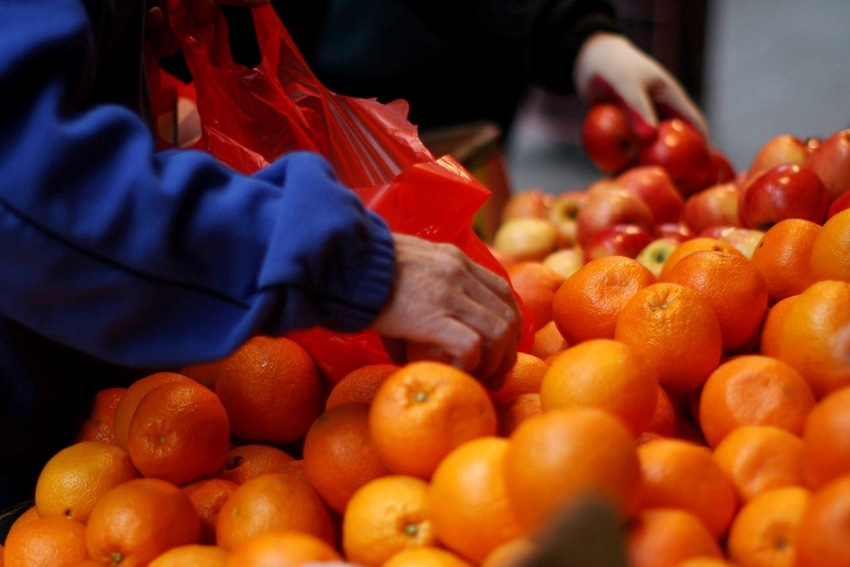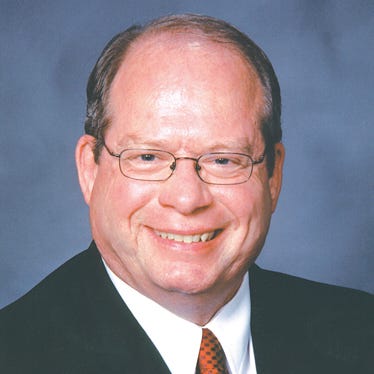
Unless you’ve been hiding under a rock, you’re likely aware the United States will soon enact a law on GMO (genetically engineered) food labeling.
The law is a watered-down version of the legislation supported by environmental activist groups who wanted a label on each food container sold at the store saying whether the product contained GMOs or not. This anti-GMO label would have wrongfully implied that human food or feed produced with GMOs are harmful to human or animal health which they are not.
The Congressional bill awaiting President Obama’s signature gives food company’s three labeling options – 1) use a government-sanctioned USDA symbol on packaging; 2) print a label using plain language (no 64-size font wording badmouthing GMOs) ; or 3) print a QR code, or similar technology, on food packaging which shoppers can scan with their smartphones.
Ideally, the best resolution would be no label at all since science has found no human harm from GMO consumption in more than 30 years of research.
For decades, activists have fought GMO technology using fear mongering to convince consumers that GMOs are or could be a health hazard. Think about the millions or billions of dollars the activists organizations have spent on their fact-less messaging, money likely donated by well-meaning consumers who really were the subject of many misinformed claims.
What if these dollars were instead spent on real common good - for example, funding more efforts to reduce hunger?
According to Catholic Relief Services, about 800 million people around the world are malnourished. The United Way emphasizes that hunger is a local problem, not only in poorer countries but even in economically better areas.
For example in Orange County, Calif., about 300,000 residents don’t know how or when they’ll get their next meal.
Fear is a terrible mental beast. By working together on the GMO issue, instead of against each other, pooled funds could make a serious dent in what's really important - feeding people and solving hunger.
About the Author(s)
You May Also Like






